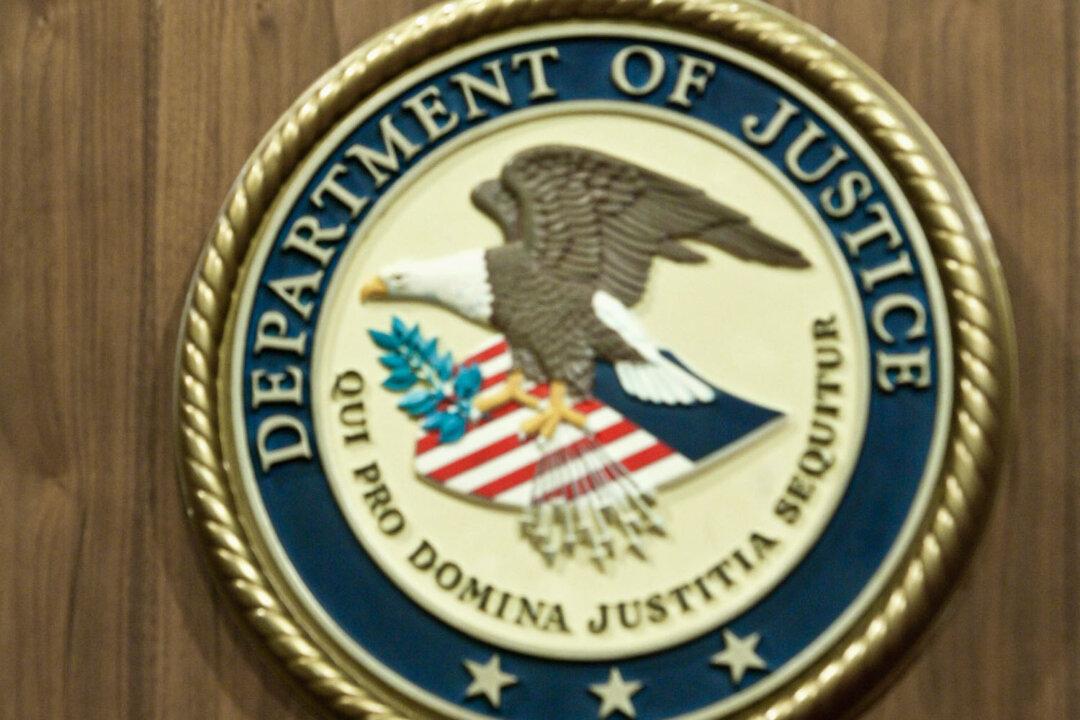In a letter sent to the Department of Justice on Monday, Associated Press CEO Gary B. Pruitt called the extensive, secret collection of the news agency’s phone records “a massive and unprecedented intrusion.”
The DOJ notified AP on Friday that toll records for more than 20 phone lines were collected over a two-month period in early 2012. DOJ did not notify AP beforehand, and has not yet sent notification to journalists whose home or cell phone lines were affected.
AP believes the action was part of an investigation into who leaked confidential information about a CIA operation in Yemen. The information, contained in a May 7, 2012, AP article, related to a foiled al-Qaeda terror plot.
Laura W. Murphy, director of the American Civil Liberties Union Washington Legislative Office, said there is no excuse for DOJ’s methods in this investigation.
“Obtaining a broad range of telephone records in order to ferret out a government leaker is an unacceptable abuse of power,” Murphy said in a statement. “Freedom of the press is a pillar of our democracy, and that freedom often depends on confidential communications between reporters and their sources.”
The law that outlines requirements for obtaining media phone records while upholding freedom of the press rights, 28 C.F.R. §50.10, states that the media outlet should be contacted beforehand, that obtaining phone records should be a last resort, and that the phone records obtained should be narrowed down to the most relevant sample.
“That the Department undertook this unprecedented step without providing any notice to the AP, and without taking any steps to narrow the scope of its subpoenas to matters actually relevant to an ongoing investigation, is particularly troubling,” Pruitt wrote.
“The sheer volume of records obtained, most of which can have no plausible connection to any ongoing investigation, indicates, at a minimum, that this effort did not comply with 28 C.F.R. §50.10.”
The DOJ issued a statement: “We take seriously our obligations to follow all applicable laws, federal regulations, and Department of Justice policies when issuing subpoenas for phone records of media organizations. Those regulations require us to make every reasonable effort to obtain information through alternative means before even considering a subpoena for the phone records of a member of the media.”
“We must notify the media organization in advance unless doing so would pose a substantial threat to the integrity of the investigation,” continued the statement, attributed to Bill Miller, spokesman for the U.S. Attorney’s Office of the District of Columbia. “Because we value the freedom of the press, we are always careful and deliberative in seeking to strike the right balance between the public interest in the free flow of information and the public interest in the fair and effective administration of our criminal laws.”
The Obama administration has brought six cases against people suspected of leaking classified information to the media, more than all other president’s administrations combined. White House spokesman Jay Carney told media in New York on Monday that the White House had no knowledge of the Department’s actions.
“We are not involved in decisions made in connection with criminal investigations, as those matters are handled independently by the Justice Department,” he said.
A House Judiciary Committee investigation may ensue.
Rep. Darrell Issa (R-Calif.), chair of the House Oversight Committee, said on CNN’s The Situation Room Monday night, “it’s very clear Judiciary will have the lead on this.”
The Associated Press contributed to this report.





